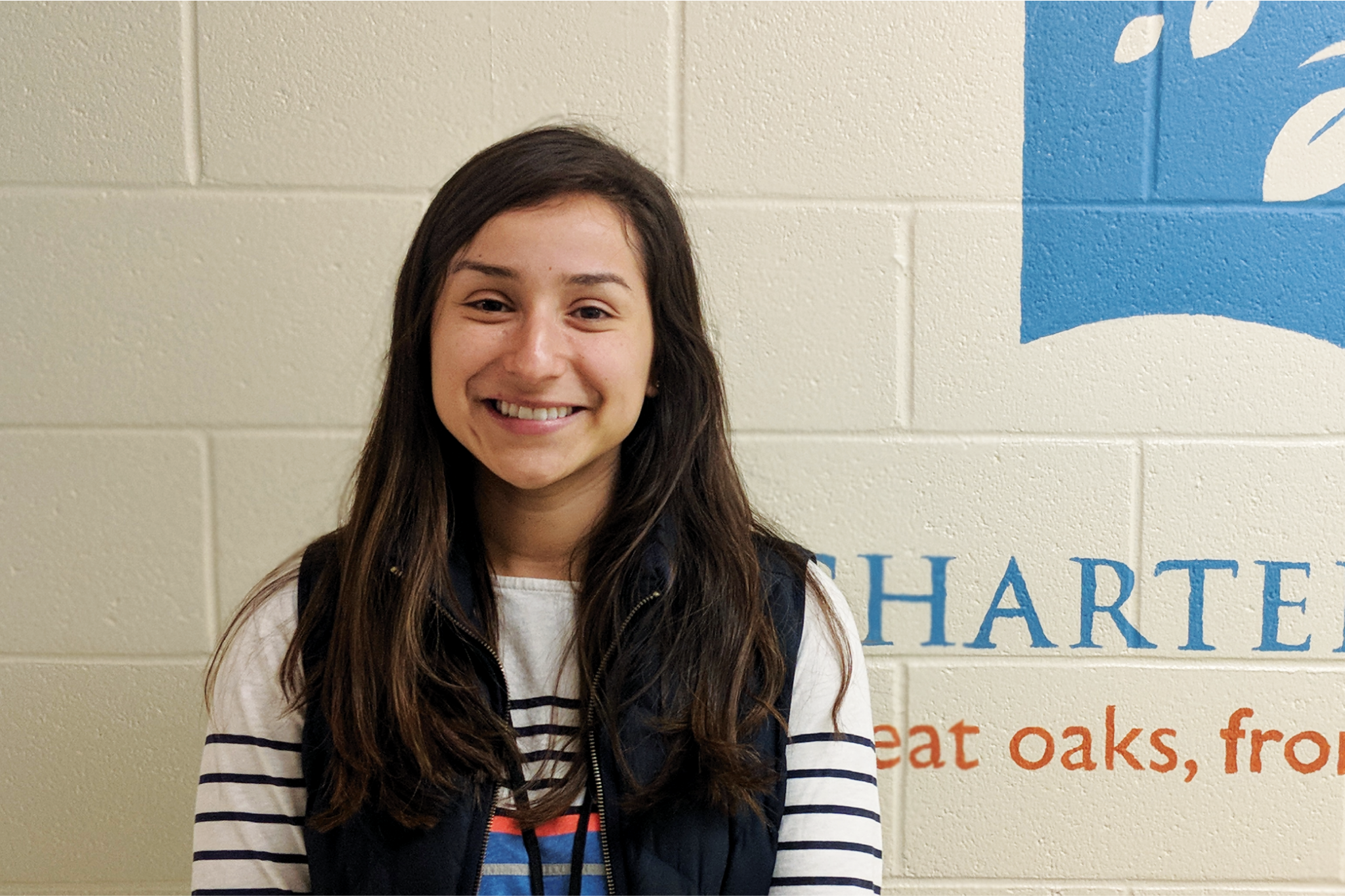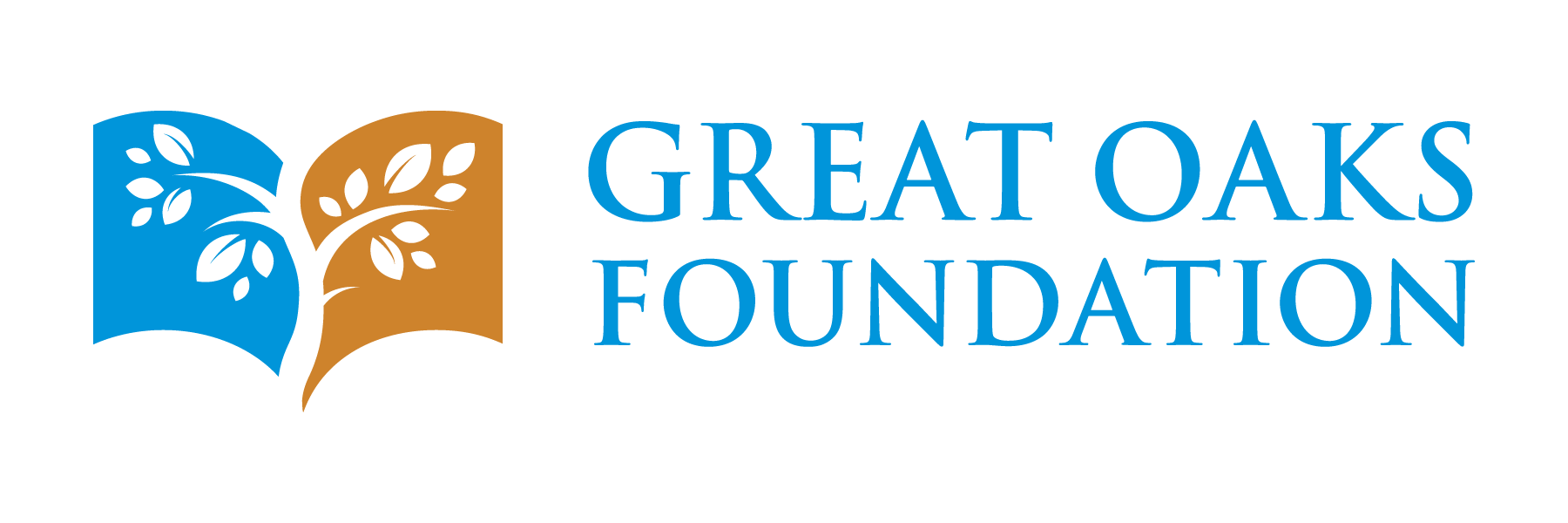
What did you study in school? Why?
I studied Chemistry with a concentration in Biochemistry at Haverford College. I chose this path because I found chemistry fascinating. My favorite class was Organic Chemistry. Although very challenging, organic chemistry is like one giant puzzle. From mechanisms to retrosyntheses, there are multiple solutions and an even greater number of paths to get there. What I like most about it is how creative I can get to the solution. There is enough freedom to let our minds wander a bit and eventually get to the answer. More importantly, in organic chemistry I feel as though we, as scholars, were given more independence. We are given the tools to be successful and then we are given the chance to put them into practice, which prepares us to tackling many challenges in life.
What made you commit to a year of service?
I committed to a year of service because I wanted to explore different opportunities before applying to medical school. I have always loved working with children and had previous experience working as a Fellow in Philadelphia, but little did I know how different these experiences would be. I chose to commit to a year of service because of my experience at Great Oaks. More specifically, the scholars I have met here that have showed me how much we mean to each other.
Is this different from your own educational experience growing up?
This is definitely different from my educational experience growing up. Although I grew up a little over 20 minutes away from where I am currently serving (Bridgeport, CT), I had such a different educational experience. I didn’t have the same support and school culture, which I feel are fundamental for a school’s academic success.
How would this model have helped you?
This model would have been very helpful in my own academic growth with its built-in structure of mentoring. I struggled with math during my middle school years and I know that the mentoring period would have been extremely helpful in getting more practice and confidence that would translate into the classroom. This speaks to the basic principle of practice makes perfect. The more we are exposed to the material the more comfortable we become with it and the better we are at identifying strategies to tackle it.
What past experiences helped prepare you for this role?
In college, I was apart of the mentoring program, which taught me to strengthen my interpersonal skills in working with middle school children. The program worked with scholars around the Philadelphia area and allowed them to gain hands-on experience in the natural sciences through laboratory assignments and workshops. The program focused on enrolling students from disadvantaged backgrounds that lacked proper access to educational resources. As we went through training, we were told to let the kids think on their own, let them make mistakes, and let them learn from them. Like Great Oaks, we have cultivated a safe space where we encourage the innate curiosity of these young minds.
What keeps you motivated day in and day out?
What keeps me motivated day in and day out is seeing the students faces each day. Not only in an academic sense, but also just getting to interact with them throughout the day, learning about their interests and helping them with day to day problems. It can even be just a silent smile or a screamed hello in the hallway during transition. These experiences paired along with the academic growth we are trying to cultivate here at Great Oaks BPT keep me motivated that I am doing some small amount of good in this world.
What events/interactions have inspired you this year?
There is one experience that resonates with me. I was working with a 9th grade student who struggles with reading. Most days she flat out refuses to read out loud during mentoring, but today I found an in and had her reading the book to me one-on-one. She was doing so well it felt like a sure win for me, while hopefully helping her gain some confidence. Then she mispronounced the word “bridge”. I casually corrected her and thought we would move on, but she completely shut down. She grew quiet and I tried to coax her to continue to read, but she just put her head down and stayed silent. I saw that she was getting agitated, bouncing her leg up and down, and decided to give her a few minutes to herself. After, I approached her again asking what was wrong and reiterating how well she was doing before. She kept repeating, “Nothing, nothing, nothing.” A few minutes later she whispers to me, “I messed up the word.” At first, I was taken aback. Messed up the word? I can’t imagine a day where I don’t mess up something. I tried to explain that it happens to everyone, we aren’t perfect and no one expects us to be. She confessed to being embarrassed to have mispronounced such a simple word and it made her feel stupid. I immediately stopped her, explaining to her that there is no way she can believe such a thing because it couldn’t be more false. I can attest to her intelligence as I have seen her grow so much each day. This experience really stuck with me because it was the first time I have seen a student so vulnerable in front of me. It made me realize even though our scholars sometimes act like they don’t care, that couldn’t be farther from the truth.
How would you like to see the Fellowship model grow?
I would like to see the Fellowship model grow by implementing the newer technologies that we have been introduced to this year. For example, figuring out ways to incorporate Reading Plus into mentoring. The ELA fellows had a recent seminar with Ms. Timberly Wilson working with the technology and it proved itself to be a useful tool in tracking students progress in fluency, especially when they read silently. This is a very important skill to master as most academic and testing environments require silence.

